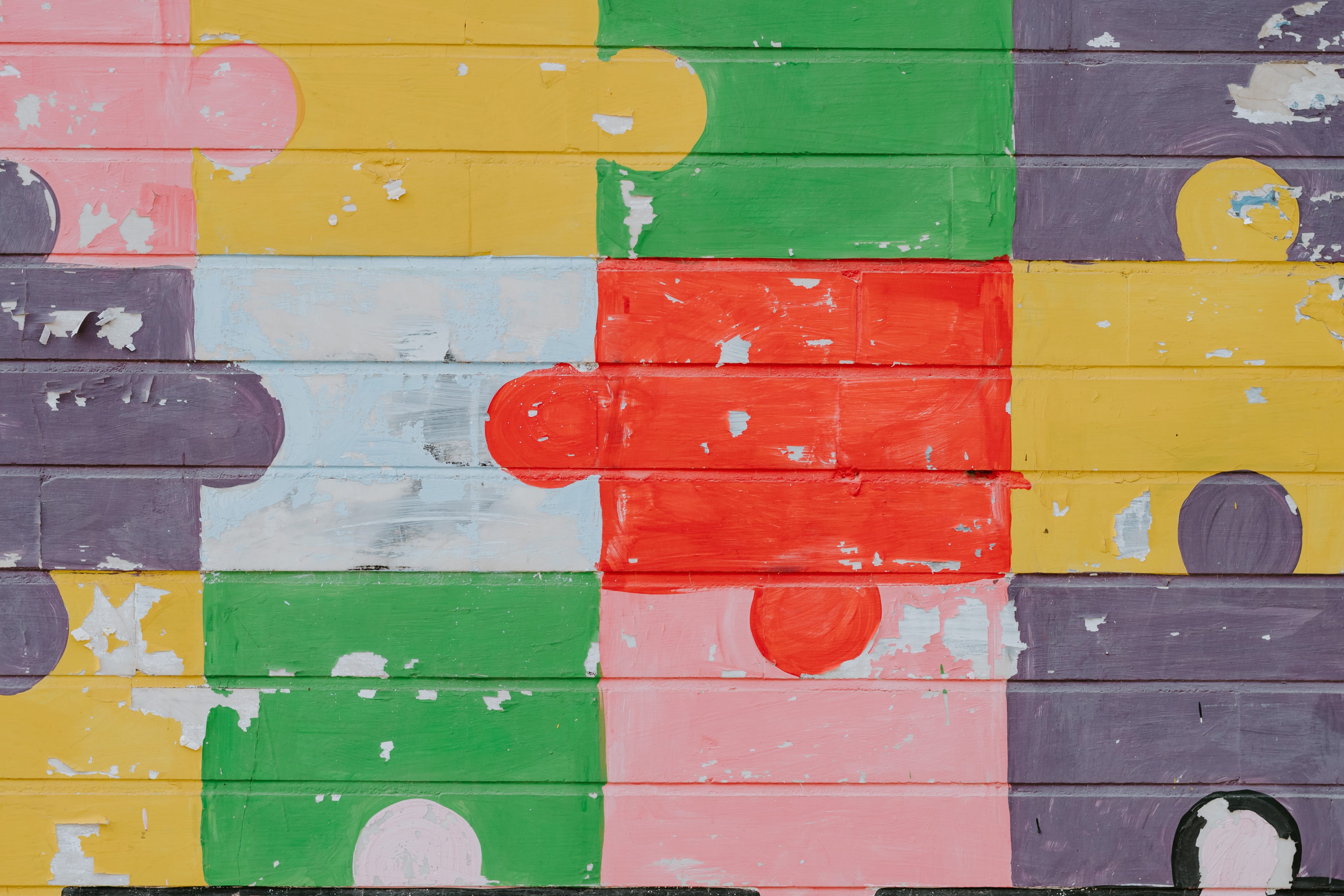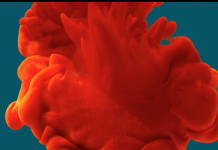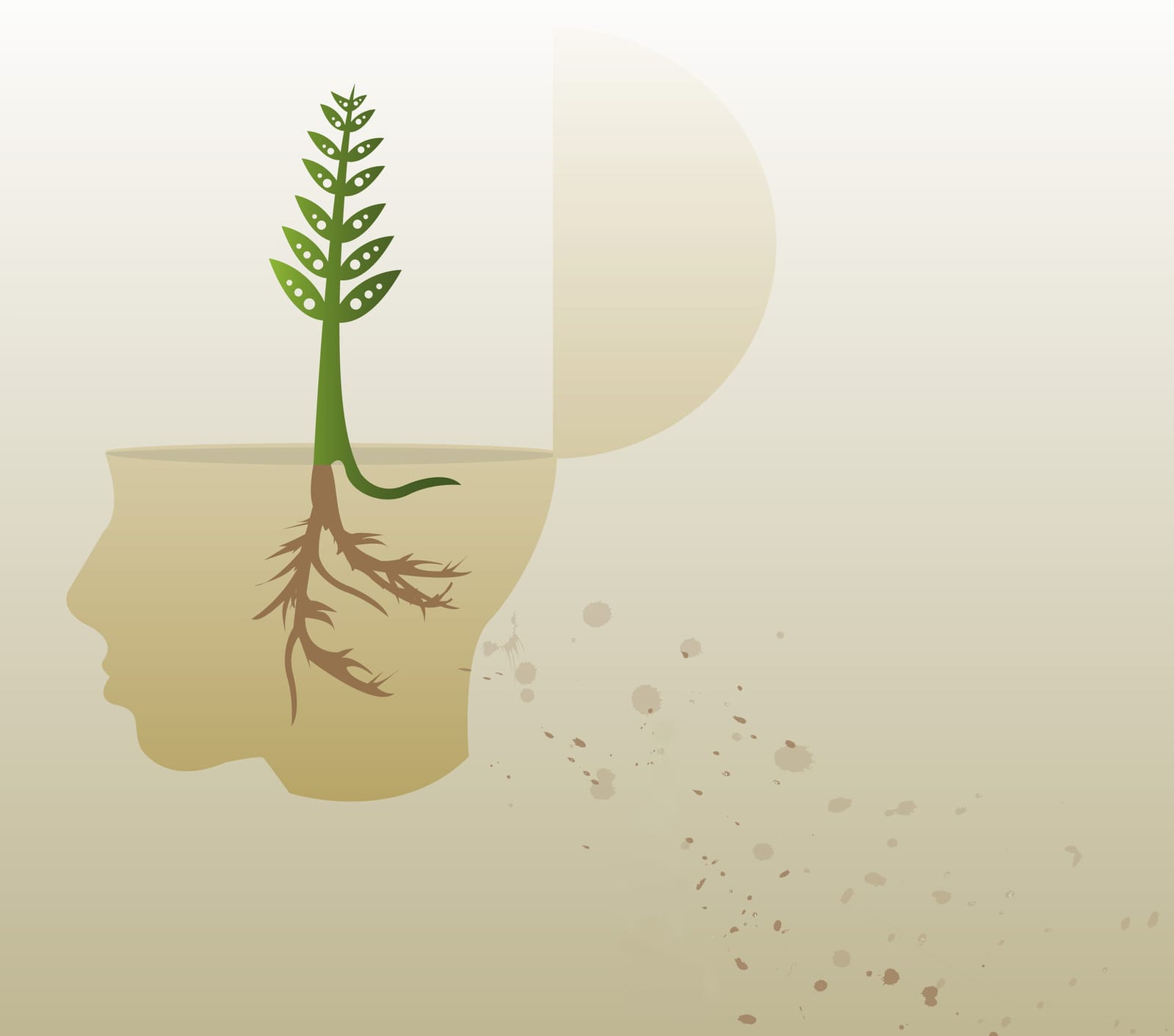For elementary and high school teachers looking to bring the work of reconciliation into the classroom, OISE’s Deepening Knowledge Project provides a diverse set of resources to compliment the current curriculum. Founded in 2007 by Kathy Broad, director of Initial Teacher Education, the Deepening Knowledge Project aims to increase the presence of both Indigenous teachers, as well as the level of Indigenous perspectives in the training of future educators. Key to the success of this goal are the wide variety of online resources made available to both instructors and students.
Currently, the website’s resources include lesson plans, movie and book recommendations, and even suggestions for appropriate field trips spanning all knowledge areas from grades K-12.
“In the beginning we tried to understand what prevented instructors from doing more and we designed a survey to find out,” Dr. Restoule, associate professor of Leadership, Higher and Adult Education at OISE, explains. “What we heard was that lack of time and access to resources were the main barriers. We tried to address these issues head on by sharing a list of resources which grew into the Deepening Knowledge Project website and by creating lesson plans that could be easily added into courses that span the breadth of the entire program”. Such an early approach, Dr. Restoule hopes, will help build a strong foundation for the road to decolonization and true reconciliation.
For Glen Jones, Dean of OISE, the website’s level of organization is its strongest asset. “These are very challenging topics, [but] the website is organized in such a way so that teachers can find age and grade appropriate materials.”
In an effort to respond to the findings of the Truth and Reconciliation Committee’s report, the University of Toronto established a Steering Committee. In their recently released final report, the Committee emphasized the importance of changes in curriculum and training of faculty and staff to incorporate Indigenous knowledge, as well as appropriate changes in every department.
One of the most important points made by the Steering Committee is the acknowledgement that U of T has historically trained and educated the teachers, politicians and religious figures who taught, led and remained complicit in residential schooling systems and their aftermath. A good place to start, the report suggest, is in the training of a future generation of teachers that integrate and are aware of Indigenous knowledge. For this call to action, the Deepening Knowledge Project at OISE is already setting us on the right track.
“Our work has always inherently addressed the education calls to action; one of the key ways is by educating teacher candidates about residential schools in Canada and the laws and policies that allowed this system to continue for so many years,” Dr. Restoule explains. “Our focus has been on preparing teachers to teach the next generation about Indigenous histories, perspectives, and desires. It’s about the youth reflecting on the relationship between Canada and Indigenous peoples and what their responsibilities are to ensure mutual respect and co-existence.”
Jones echoes this sentiment. “I think that it has had considerable impact on our community, but perhaps more importantly, its impact has been both national and international as teachers look for resources on how to deal with indigenous issues in their classrooms.”
Looking to the future, Dr. Restoule anticipates that the Deepening Knowledge Project will grow towards a sharing of wise practices between colleagues that can help create “networks for peer support, co-learning and inspiration.” The goal is that teachers will share their experiences digitally, supporting and inspiring one another, and therefore creating lasting change.
Echoing the Steering Committee’s recommendations, Dr. Restoule hopes that the Deepening Knowledge Project will inspire U of T to build meaningful connections with Indigenous communities. “People have to want to make the change and having a personal connection helps with making long term commitments,” he explains.
Expanding on what he specifically believes will better integrate Indigenous programming at U of T, Dr. Restoule states, “More partnerships with Indigenous communities for research and recruitment and relationship-building. More Indigenous faculty in more academic units. More financial support for Indigenous students and their families to be able to succeed in their chosen programs. It’s a cycle – with greater Indigenous programming. They feed each other.”
With the release of the Steering Committee’s final report, the true work of reconciliation at U of T has only just begun. And while as an educational institution we certainly have a long journey ahead of us, away from colonization and towards lasting reconciliation, initiatives like the Deepening Knowledge Project can help lead the way.























